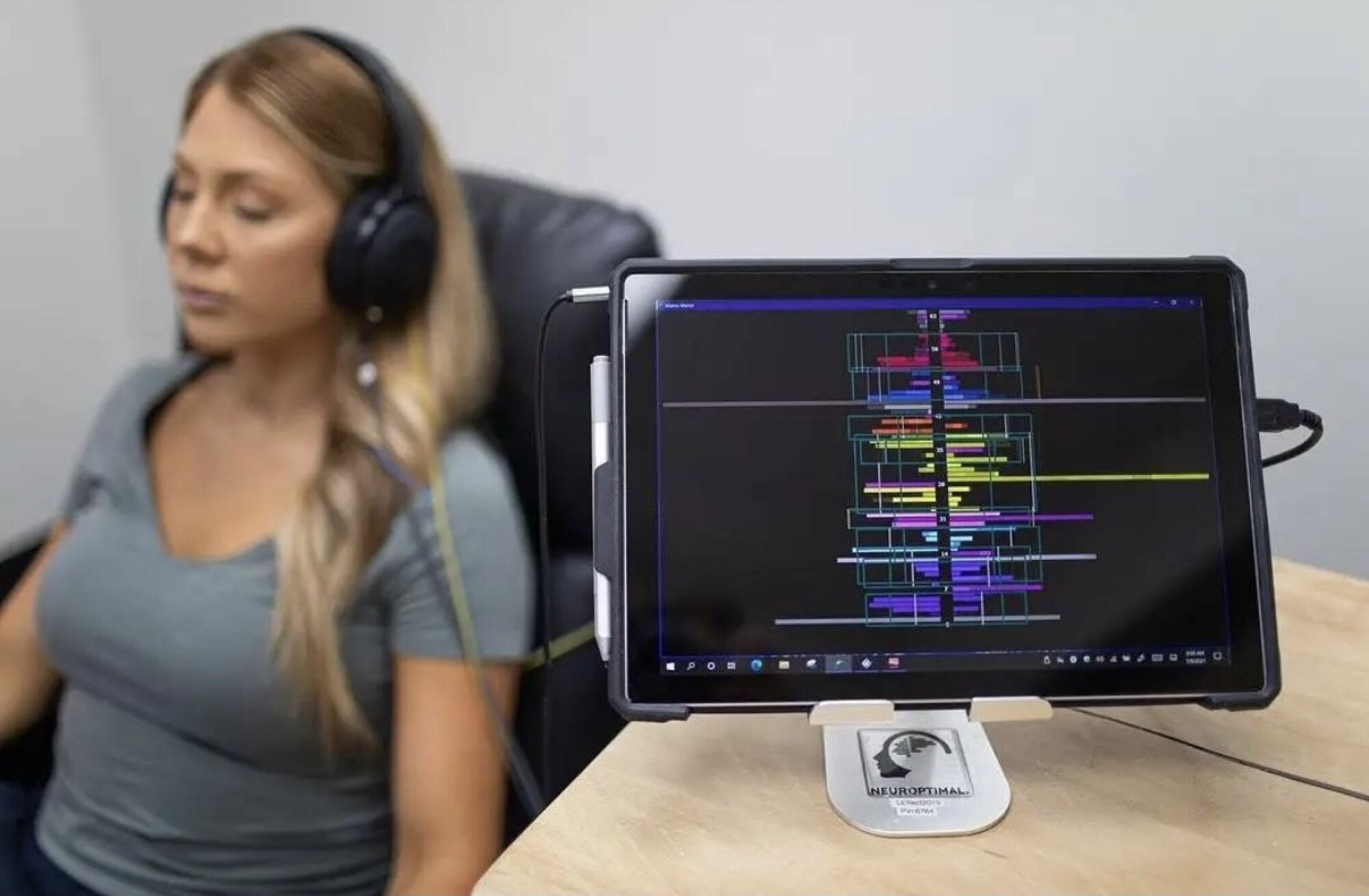Takotsubo Cardiomyopathy Syndrome: When Romantic Rejection Becomes a Physical Health Crisis

Understanding the Surprising Connection Between Relationship Struggles and Cardiac Health
The persistent pain of unsuccessful relationships and romantic rejection in modern America extends far beyond emotional suffering. For some individuals, the stress of chronic relationship disappointment can manifest as a serious physical condition known as Takotsubo cardiomyopathy, or “broken heart syndrome.” This rarely spoken of cardiac condition represents the ultimate intersection between emotional distress and physical health, revealing how profoundly our hearts respond to social rejection figuratively and literally.
Recent research published in the Journal of the American Heart Association found that Takotsubo cardiomyopathy carries a surprisingly high mortality rate of 6.5% during hospitalization, with no improvement in outcomes between 2016 and 2020. This stress-induced heart condition, triggered by surges of stress hormones, mimics a heart attack while primarily affecting older women. However, men face more than double the mortality risk when diagnosed.
“What makes this condition particularly relevant to relationship struggles is its connection to extreme emotional stress,” explains cardiologist Ilan S. Wittstein, MD. “The same neurohormonal pathways triggered during acute relationship rejection or persistent romantic disappointment can trigger this cardiac response.”
For those traversing today’s emotional and traumatic dating landscape, understanding this mind-heart connection provides crucial insight into protecting emotional and physical wellbeing during relationship distress.
Lynn’s Story: When Dating Apps Led to Cardiac Distress
Lynn, 42, never expected her dating app experiences would land her in the emergency room. After six months of what she describes as “emotionally exhausting” dating attempts, including three instances of being “ghosted” after seemingly promising connections, she experienced what she initially thought was a panic attack.
“My chest felt like it was being crushed. I couldn’t catch my breath, and the pain radiated down my left arm,” Lynn recalls. “I was certain I was having a heart attack.”
Emergency room tests revealed Sarah was experiencing Takotsubo cardiomyopathy. Her left ventricle had temporarily enlarged and wasn’t pumping effectively, classic signs of this stress-induced cardiac condition.
“The cardiologist explained that while my arteries were clear, the emotional strain had triggered a physical response identical to a heart attack,” Sarah explains. “I was shocked to learn that repeated emotional stress could cause actual physical damage to my heart.”
Lynn’s recovery included not only cardiac rehabilitation but also therapy focused on building emotional flexibility and resilience, particularly around relationship expectations. “I had to learn that protecting my heart wasn’t just a metaphor anymore,” she says.
The Bio-Electrical Conduit from Rejection to Cardiac Stress
The link between relationship difficulties and cardiac health lies in our neurological stress response system. When someone experiences repeated relationship disappointments, rejection, or prolonged loneliness, their body often remains in a persistent state of stress activation.
This chronic stress state involves elevated levels of cortisol and catecholamines like adrenaline and noradrenaline—the same stress hormones implicated in Takotsubo cardiomyopathy. While these neurochemicals are protective during short-term stress, they become damaging when chronically elevated.
“The physiological impact of relationship stress extends far beyond momentary emotional pain,” explains neuropsychologist Dr. James Wilson. “We’re seeing increasingly clear connections between relationship difficulties, EEG instabilities, and measurable changes in cardiac function, immune response, and sleep architecture.”
Sleep disruption represents a critical pathway connecting relationship distress to physical health problems. Research consistently shows that relationship stress significantly impacts sleep quality through multiple mechanisms, including:
- Increased nighttime rumination about relationship concerns
- Elevated cortisol levels that disrupt standard sleep architecture
- Increased sympathetic nervous system disregulation that inhibits deep, restorative sleep
- Disrupted circadian rhythm due to emotional distress
These sleep disturbances create a feedback loop, further impairing emotional regulation and stress management capabilities, making future relationship interactions even more arduous.
Michael’s Story: The Silent Progression from Heartbreak to Insomnia to Cardiac Issues
Michael, 38, experienced the gradual progression from relationship disappointment to serious health concerns over two years. After his fiancée ended their engagement unexpectedly, Michael initially seemed to cope well emotionally.
“I thought I was handling things okay. I wasn’t crying or visibly depressed,” Michael recalls. “But I stopped sleeping normally almost immediately. I’d lie awake replaying conversations, wondering what I missed or could have done differently.”
What began as occasional insomnia evolved into chronic sleep disruption, with Michael averaging just 4-5 hours of fragmented sleep nightly. Within six months, he began experiencing hypertension during routine medical check-ups.
“My doctor kept asking about stress, but I downplayed it because I thought I had moved past the breakup,” Michael explains. “I didn’t connect my physical symptoms to what had happened in my relationship.”
Eighteen months after his engagement ended, Michael experienced acute chest pain while at work. Medical evaluation revealed signs of early cardiomyopathy and dangerously elevated stress hormone levels.
“The cardiologist explained that my body had essentially been in ‘fight or flight’ mode for nearly two years,” says Michael. “The combination of chronic sleep deprivation and unprocessed emotional distress had created a perfect storm for my cardiovascular system.”
The Modern Dating Landscape: Unique Stressors Creating Cardiac Vulnerability
Today’s relationship environment presents serious challenges that may increase vulnerability to stress-related cardiac conditions. Dating app culture, emphasizing rapid judgment and potential for abrupt rejection, creates patterns of stress activation that can accumulate over time.
Additionally, the phenomenon of “situationships”—undefined relationships lacking clear commitment—often leaves individuals in extended periods of emotional uncertainty, a state particularly associated with chronic stress activation.
“The unpredictability and uncontrollability of modern dating experiences create precisely the type of stress that most powerfully activates our physiological threat response,” explains social psychologist Dr. Maya Ramos. “When someone can’t predict or control whether a promising connection will suddenly disappear, their stress response system remains constantly vigilant.”
This vigilance manifests as disrupted sleep, increased inflammatory markers, and elevated cardiovascular risk—all precursors to more serious conditions like Takotsubo cardiomyopathy in vulnerable individuals.
Jennifer’s Story: Recognizing the Warning Signs Before Crisis
Jennifer, 45, recognized the warning signs of stress-related health decline after a series of disappointing relationships and took proactive steps before experiencing a cardiac event.
“I noticed I was waking up at 3 AM almost every night with my heart racing, often after dreaming about scenarios involving rejection or abandonment,” Jennifer shares. “My fitness tracker showed my resting heart rate had increased by 15 beats per minute over six months, and I was getting almost no deep sleep.”
Jennifer consulted a cardiologist and a sleep specialist after learning about the connection between relationship stress, sleep disruption, and cardiac health. Testing revealed early signs of cardiovascular strain and severe sleep architecture disruption.
“The sleep study showed I was spending almost no time in restorative deep sleep stages, even though I was in bed for eight hours,” Jennifer explains. “My body was essentially staying vigilant, stress-activated all night.”
Rather than continuing to focus solely on finding a relationship, Jennifer prioritized restoring her physical health through a comprehensive approach that included specialized brainwave entrainment through Sleep Recovery.
“I realized I couldn’t keep pursuing relationships from a place of physical depletion,” she says. “Restoring my sleep quality became the foundation for my cardiac health and emotional resilience.”
Sleep Recovery: Restoring Neurological Balance After Relationship Distress
Addressing disrupted sleep represents a critical intervention point for individuals experiencing the physical effects of relationship disappointment. Sleep Recovery offers a specialized approach that directly targets the neurological patterns maintaining both sleep disruption and emotional distress.
“What distinguishes our approach is that we’re addressing the underlying brainwave instabilities causing both insomnia and anxiety,” explains David Mayen, founder and program director at Sleep Recovery. “The brain receives detailed feedback about its activity patterns, allowing it to naturally self-correct toward more stable functioning.”
This methodology employs FDA-cleared technology that detects irregular brainwave patterns and provides direct feedback through auditory signals. Clients (self-administered via tele-health) participate in 30-minute sessions every other day, a protocol that has helped thousands return to healthy sleep that sustains long-term.
For those recovering from relationship disappointment specifically, Sleep Recovery offers several key benefits:
- Interruption of rumination cycles: The brainwave entrainment helps break persistent thought patterns about relationship losses or fears.
- Restoration of healthy sleep architecture: The approach helps reestablish normal proportions of deep sleep, REM sleep, and light sleep, addressing the specific disruptions caused by relationship stress.
- Down-regulation of stress hormone output: Normalized sleep leads to decreased production of cortisol stress hormones that contribute to cardiac strain.
When we help someone restore healthy sleep after relationship disappointment, we’re not just addressing their insomnia. Sleep Recovery’s program helps rebalance their entire neurophysiological response to social stress, protecting their emotional and cardiac health.”
Frequently Asked Questions: Relationship Struggles and Cardiac Health
Q1: Can repeated rejection from dating apps cause physical heart problems?
A: Yes, research indicates that repeated rejection experiences can create a chronic stress state that elevates catecholamines (stress hormones), which are directly implicated in Takotsubo cardiomyopathy and other cardiovascular conditions. The unpredictable nature of dating app interactions can be particularly stressful, as unpredictability is a key factor in triggering strong stress responses. While not everyone will develop cardiac symptoms, those with predisposing factors (particularly women over 50) should be aware of this connection.
Q2: How can I tell if my relationship disappointment affects my physical health?
A: Key warning signs include persistent sleep disturbances (especially waking between 2 and 4 AM with racing thoughts), increased resting heart rate, new or worsening hypertension, unusual fatigue not explained by activity levels, chest discomfort or palpitations during emotionally triggering situations, and decreased recovery capacity after regular physical activity.
Q3: Are certain personality types more vulnerable to heart issues after relationship disappointments?
A: Research suggests individuals with specific traits may be more vulnerable. These include those with high rejection sensitivity (who strongly anticipate and react to potential rejection), people with anxious attachment styles, those with perfectionist tendencies, and individuals who strongly define their self-worth through relationship status. However, chronic stress affects everyone’s cardiovascular system, regardless of personality type, so all individuals should prioritize stress management during relationship difficulties.
Q4: How long after a relationship disappointment can cardiac symptoms appear?
A: While Takotsubo cardiomyopathy typically occurs within days to weeks of an acute emotional stressor, the cardiovascular effects of chronic relationship disappointment can develop more gradually. Some individuals experience cardiac symptoms months or even years after the initial relationship stress began, particularly if they experienced sleep disruption throughout that period. This delayed presentation often makes connecting the symptoms to the relationship stressor challenging, so awareness of this timeline is essential.
Q5: Does the increased use of dating technology contribute to cardiac risk?
A: Emerging research suggests several aspects of modern dating technology may increase stress-related cardiac risk. These include: the constant evaluation pressure from swiping interfaces, the “always available” nature of apps that prevents cognitive and emotional recovery periods, the frequency of ghosting and sudden rejection, and the paradox of increased options leading to decision paralysis and commitment hesitation. These features create an unpredictable, uncontrollable stress environment that can maintain elevated stress hormones and contribute to cardiovascular strain over time.
Rebuilding Heart Health After Relationship Disappointment
Recovery from the physical effects of relationship stress requires a comprehensive approach addressing both emotional processing and physiological restoration. For many, particularly those experiencing sleep disruption, specialized interventions like Sleep Recovery’s brainwave entrainment program provide a foundation for comprehensive healing.
“The most powerful aspect of our approach is that it addresses both physical and emotional dimensions simultaneously,” explains Mayen. “By normalizing sleep architecture, we help restore emotional regulation capacity, making future relationship experiences less physiologically stressful.”
Client Jason DeBeck, who struggled with relationship-triggered insomnia for years, reported remarkable improvements: “After just four sessions, I was sleeping all night without waking up repeatedly thinking about past relationships. My persistent anxiety decreased by a lot, and I found myself approaching new connections from a much more centered place.”
This neurological rebalancing creates a foundation for healthier relationship approaches. When the brain isn’t operating from sleep deprivation and stress hormone excess, individuals can engage with potential partners from a more regulated emotional state.
Finding Hope Through Bio-Electrical (EEG) Restoration
The journey from relationship disappointment to cardiac health concerns can feel overwhelming, but understanding the neurobiological connections offers a practical path forward. By addressing the specific sleep and stress-regulation disruptions that form the bridge between emotional pain and physical symptoms, individuals can protect their cardiovascular health while building resilience for future relationships.
“What gives me the most hope in working with people affected by relationship disappointment is seeing how quickly their physical symptoms often improve once we address the underlying neurological patterns,” reflects Dr. Wilson. “The heart—emotionally and physically—has remarkable recovery capacity when given the right support.”
More importantly, targeted approaches that restore neurological balance can effectively address these physical responses.
The path to finding a loving connection doesn’t have to come at the expense of your cardiovascular health. By prioritizing sleep restoration and stress regulation, you create the physiological foundation needed to approach relationships from a place of resilience rather than depletion. This approach not only protects your heart in the literal sense but also creates the conditions where authentic connection becomes possible—connection built on genuine compatibility rather than anxious attachment or fear-driven decisions.
Your heart deserves emotional fulfillment and physical wellbeing. Approaches like Sleep Recovery make integrated healing possible and sustainable.
For more information about Sleep Recovery’s innovative approach to addressing sleep disruption related to relationship stress, visit sleeprecovery.net or call 1-800-927-2339 for a free consultation.
References:
-
Takotsubo Cardiomyopathy. https://www.ncbi.nlm.nih.gov/books/NBK430798/
- Takotsubo cardiomyopathy or takotsubo syndrome (TTS), also known as stress cardiomyopathy,
- Mayo Clinic: Broken Heart Syndrome. https://www.mayoclinic.org/diseases-conditions/broken-heart-syndrome/symptoms-causes/syc-20354617
- The Electrical Aftermath: Brain Signals of Posttraumatic Stress Disorder Filtered Through a Clinical Lens. https://pmc.ncbi.nlm.nih.gov/articles/PMC6555259/



